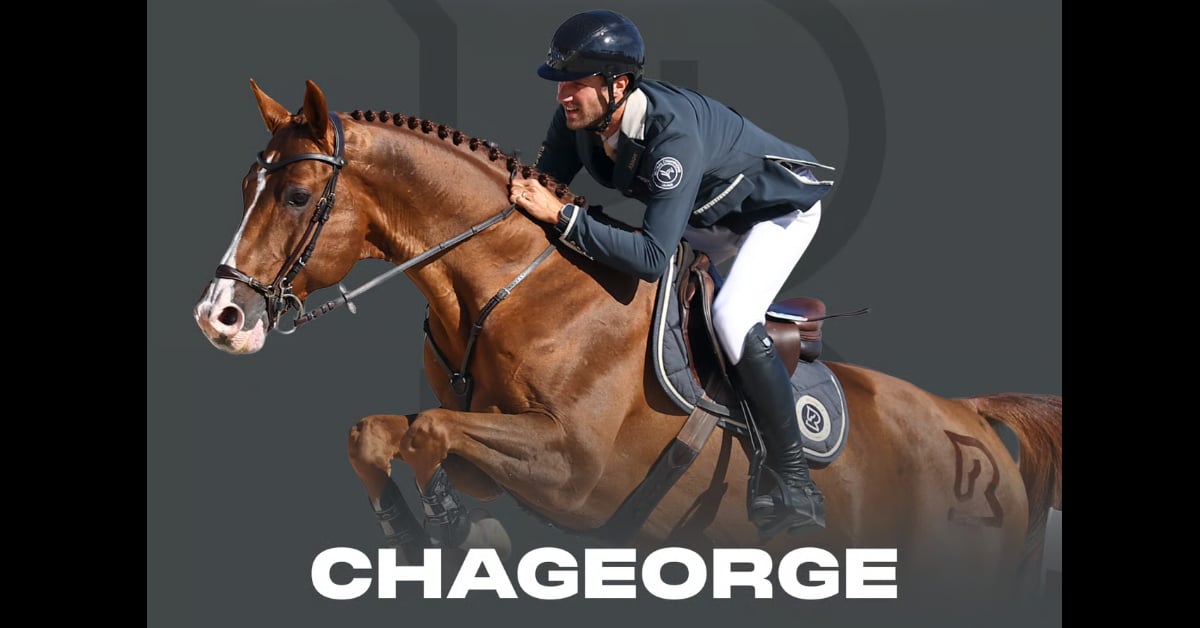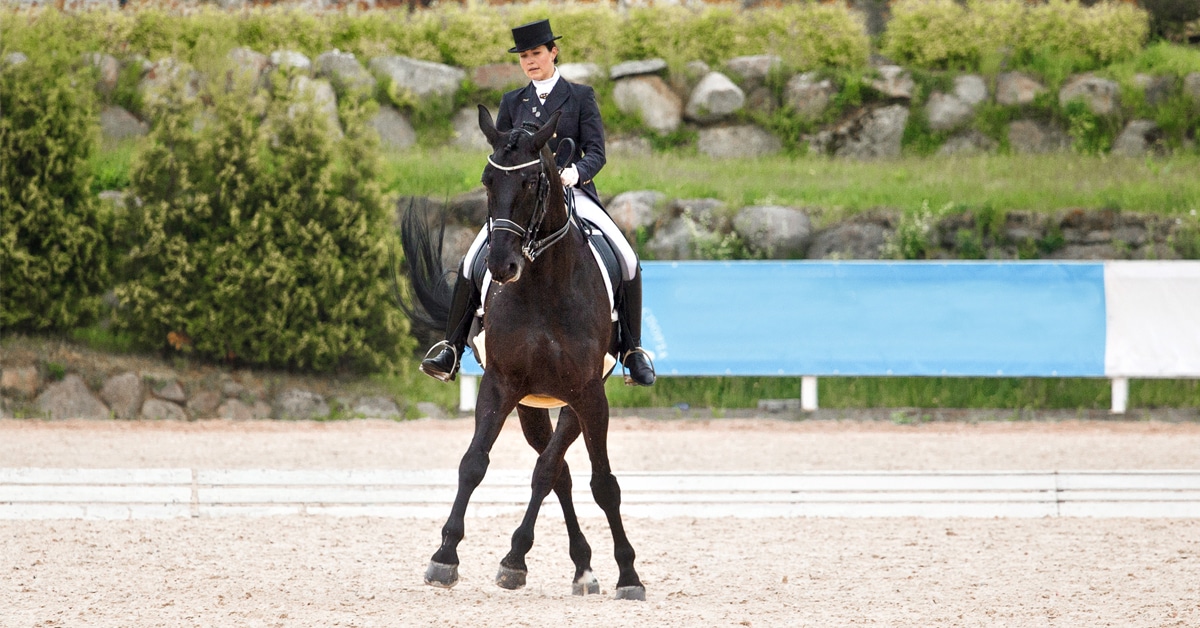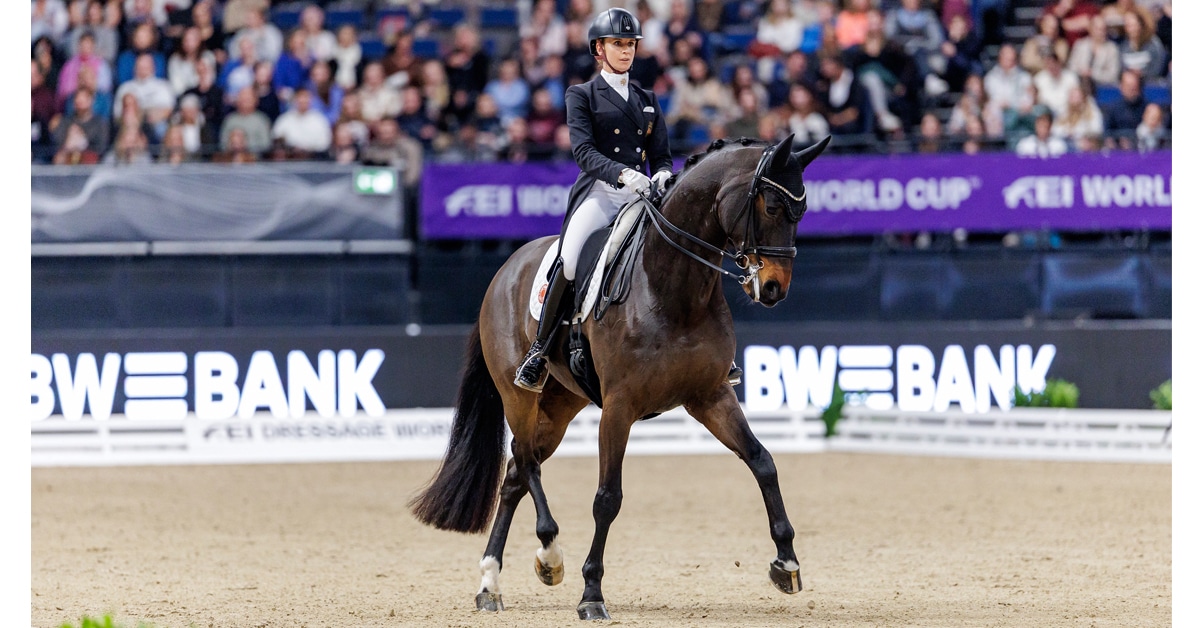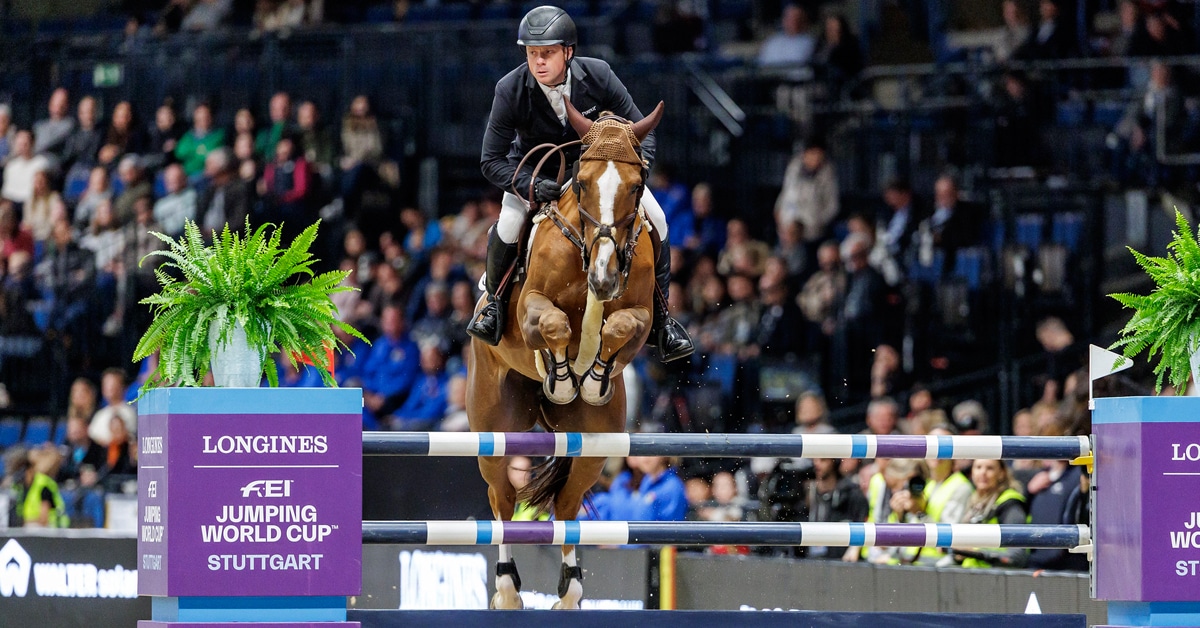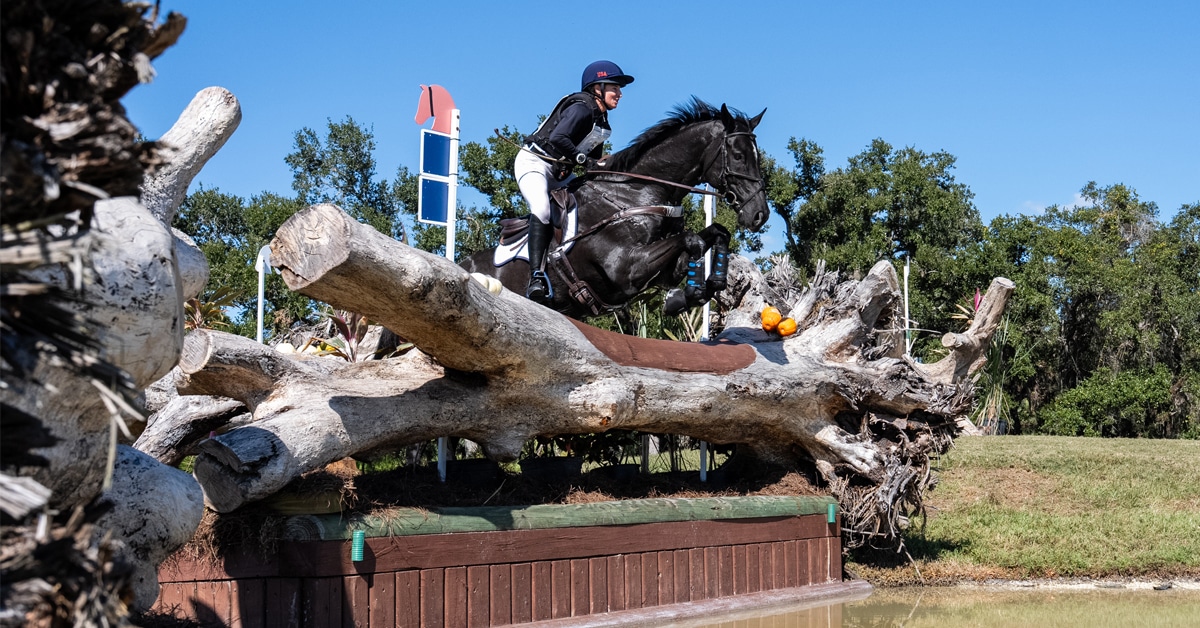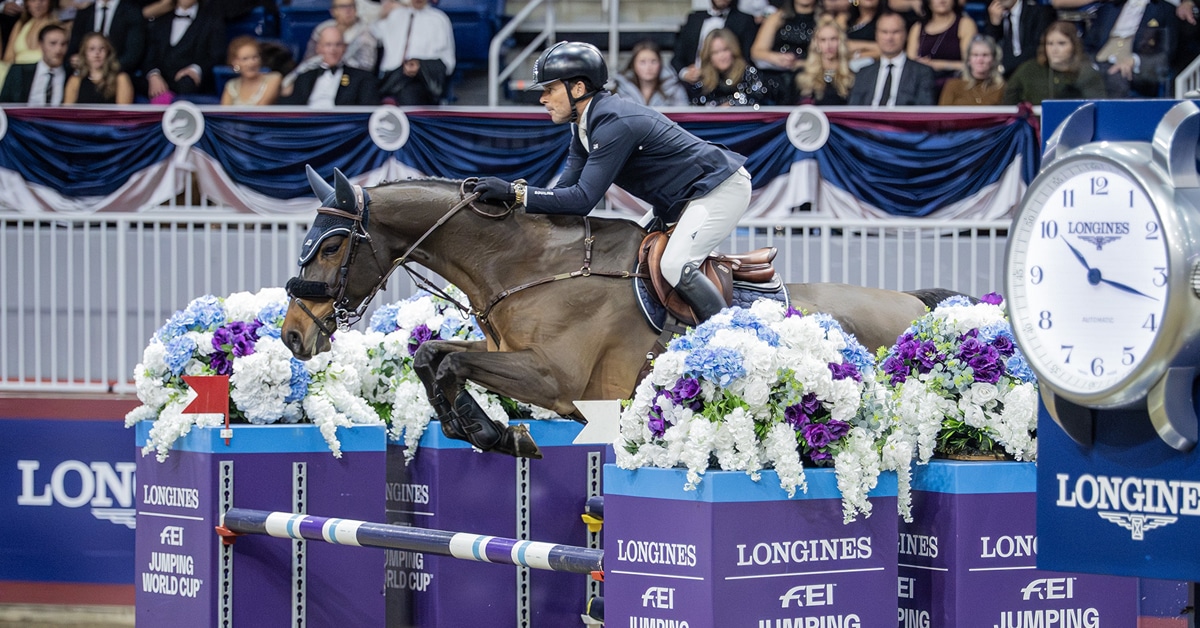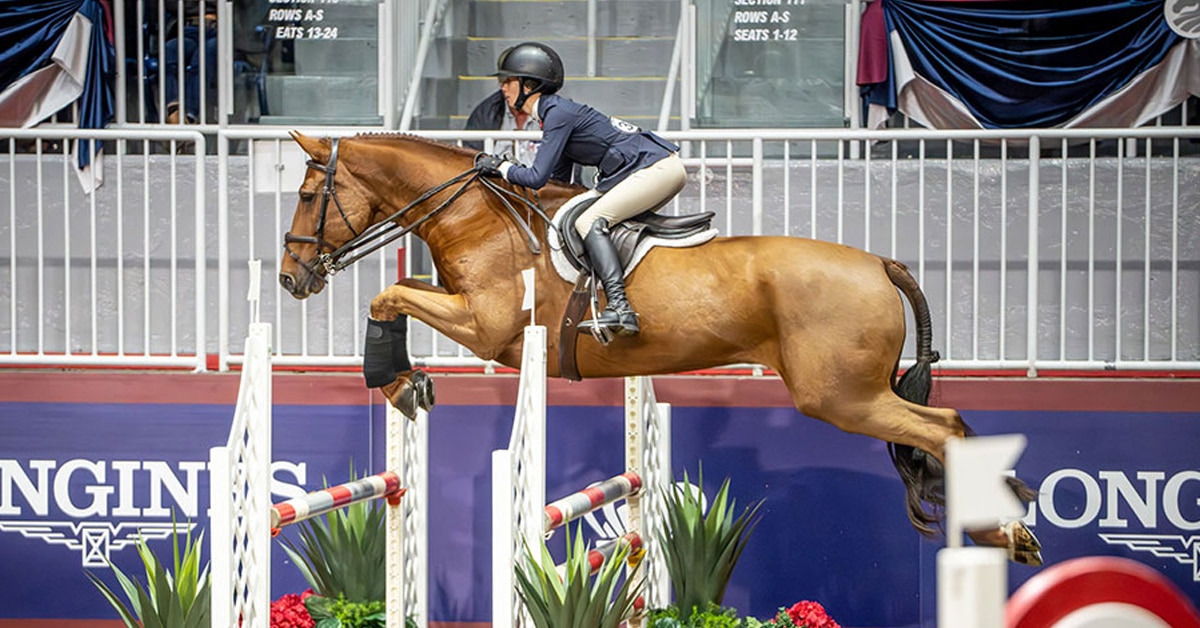Show jumping rider Nicole Walker’s provisional suspension has been lifted by the FEI as of Sept. 26 and she is now listed as “active” on the FEI database.
Walker was suspended after a sample taken on August 7th ‒ the day of the team final at the 2019 Pan American Games in Lima, Peru ‒ tested positive for the cocaine metabolite benzoylecgonine, a Prohibited Substance under the World Anti-Doping Agency (WADA) Code. As part of the fourth-placed Canadian Show Jumping Team and fourth overall riding Falco van Spieveld, it resulted in Canada losing its 2020 Olympic team qualification spot at Tokyo at the time.
Walker later noted on her Instagram account, “We are fighting for the Canadian Equestrian Team’s right to go to the Olympics and are filing an appeal to the Court of Arbitration for Sport. Panam Sports accepted that my positive test was based on the consumption of coca leaf tea on August 7th. We have a strong case.” Her hearing at the CAS has been delayed as a result of the impact of the coronavirus pandemic and is anticipated to be heard sometime in 2020, although no date has been confirmed.
Caroline Soble, EC Communications Coordinator at Equestrian Canada, stated that they were aware of the FEI’s decision. “We now await her hearing at the Court of Arbitration for Sport.”
When an athlete tests positive for a banned substance, rather than for a controlled medication, they are automatically provisionally suspended. However, if they have been grounded for a very long time with no FEI Tribunal or CAS hearing (such as is the case in 2020 with the pandemic), they can apply for the provisional suspension to be lifted temporarily. This is what has happened in Walker’s case. An FEI spokesperson stated, “Nicole Walker applied to the FEI Tribunal for the lifting of her provisional suspension and this was granted by the Tribunal on 26 September. The Case Status Table will be updated next week.”
When the CAS does make a ruling in the case, Walker could possibly be suspended again, but with time served taken into account so that the punishment does not exceed time already spent out of competition.
Recently the FEI has shown a bit more leniency with ‘out of competition’ use by athletes of recreational drugs such as cocaine, amphetamines and cannabis at evening parties. This comes as a directive from WADA to relax the previous human doping penalties if there is no intent to cheat. A recent example is a German rider who used recreational drugs at a party during the national championships earlier this year and saw his suspension cut from four years to two.
Soble concluded with, “EC is firmly committed to clean sport. We also believe in standing behind our athletes, and fully support Walker during this challenging situation. In order to maintain the integrity of the ongoing legal process, EC will not comment further on this case.”
More News
